Blog
Healing MCL and LCL Injuries with SoftWave Therapy: Dr. Jeremiah Jimerson’s Non-Invasive Approach in Charleston, SC
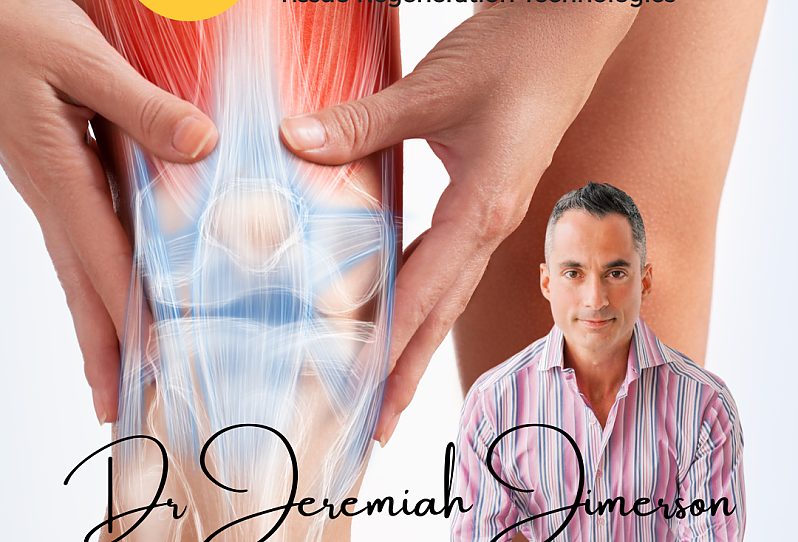
MCL (Medial Collateral Ligament) and LCL (Lateral Collateral Ligament) injuries are among the most common knee ligament injuries, causing pain, swelling, instability, and difficulty with movement. These injuries can result from sports activities, sudden twisting motions, direct impact, or overuse, making them especially prevalent in athletes and active individuals.
While traditional treatment options such as rest, bracing, physical therapy, and pain medications may provide temporary relief, they do not accelerate ligament healing or prevent long-term joint instability. At Fix Your Pain Charleston, Dr. Jeremiah Jimerson offers a non-invasive, regenerative solution: SoftWave Tissue Regeneration Therapy. This cutting-edge therapy helps reduce inflammation, promote tissue repair, and restore knee function—without the need for surgery, injections, or long recovery periods.
Understanding MCL and LCL Injuries
The MCL and LCL are two primary stabilizing ligaments of the knee that support side-to-side movement and protect against excessive stress or force.**
What is the MCL?
The Medial Collateral Ligament (MCL) is located on the inner side of the knee, connecting the femur (thigh bone) to the tibia (shin bone). It helps prevent the knee from collapsing inward.
What is the LCL?
The Lateral Collateral Ligament (LCL) is located on the outer side of the knee, connecting the femur to the fibula. It helps prevent excessive outward movement of the knee.
Common Causes of MCL and LCL Injuries
- Direct Impact to the Knee – Common in contact sports like football, soccer, and basketball, where players experience blows to the inside or outside of the knee.
- Twisting or Sudden Direction Changes – Pivoting or quick movements, often in tennis, skiing, or martial arts, can cause ligament strain or tearing.
- Overuse and Repetitive Stress – Continuous strain on the knee ligaments from running, jumping, or weightlifting can lead to chronic irritation and instability.
Symptoms of MCL and LCL Injuries
- Pain on the inner (MCL) or outer (LCL) side of the knee
- Swelling and tenderness along the affected ligament
- Knee instability, buckling, or weakness
- Difficulty walking, pivoting, or bearing weight on the leg
- Stiffness and limited range of motion
If left untreated, MCL and LCL injuries can lead to chronic instability, joint degeneration, and a higher risk of future knee injuries.
Why Traditional Treatments for MCL and LCL Injuries Fall Short
Many conventional treatments focus on pain management rather than true healing. While they may provide temporary relief, they fail to accelerate ligament regeneration or restore full knee stability.
- Rest and Bracing – Helps immobilize the knee but does not actively promote ligament healing.
- NSAIDs and Cortisone Injections – Reduce pain and inflammation temporarily but do not stimulate ligament repair.
- Physical Therapy – Strengthens the muscles around the knee but may not be enough to heal ligament damage fully.
- Surgery – Used for severe ligament tears, but it comes with long recovery times and the potential for future joint complications.
For individuals looking for a non-invasive, long-term solution, SoftWave Therapy offers a breakthrough approach that promotes true ligament healing and regeneration.
How SoftWave Therapy Helps Heal MCL and LCL Injuries
SoftWave Therapy is an advanced shockwave-based regenerative treatment that promotes healing at the cellular level. Unlike traditional methods that only mask pain, SoftWave Therapy activates the body’s natural healing processes, helping the knee ligaments repair and strengthen naturally.
Key Benefits of SoftWave Therapy for MCL and LCL Injuries
-
Reduces Inflammation and Pain Naturally
- SoftWave Therapy modulates the inflammatory response, reducing swelling and discomfort without medications.
- The therapy blocks pain receptors, providing immediate relief while promoting long-term healing.
-
Stimulates Stem Cells for Ligament Regeneration
- SoftWave Therapy activates resident stem cells, which migrate to the damaged ligament and stimulate collagen production for repair.
- This is crucial for long-term recovery, as knee ligaments have limited natural blood supply, making them slow to heal on their own.
-
Enhances Blood Flow and Circulation
- The treatment stimulates neoangiogenesis (formation of new blood vessels), improving oxygen and nutrient delivery to the injured ligament.
- Increased circulation accelerates the healing process and prevents chronic ligament degeneration.
-
Breaks Down Scar Tissue and Improves Mobility
- Scar tissue from previous injuries can limit movement and increase the risk of re-injury.
- SoftWave Therapy breaks down adhesions, restoring flexibility and preventing stiffness in the knee joint.
-
Non-Invasive and Drug-Free
- Unlike injections or surgery, SoftWave Therapy is completely non-invasive, meaning no downtime, no risks, and no side effects.
- Athletes and active individuals can continue training while receiving treatment, allowing for faster, active recovery.
The Science Behind SoftWave Therapy for Ligament Healing
SoftWave Therapy works through mechanotransduction, where acoustic waves penetrate the ligament and trigger a biological healing response.
How SoftWave Therapy Promotes MCL and LCL Recovery
- Toll-Like Receptor Activation – Triggers an immune response that clears out damaged ligament fibers and initiates repair.
- VEGF and Neovascularization – Encourages the formation of new blood vessels, improving circulation and oxygen supply.
- Stem Cell Activation and Migration – Stimulates collagen synthesis and ligament regeneration, strengthening the MCL and LCL.
- Flushing Out Inflammatory Waste – Reduces chronic inflammation, preventing further ligament deterioration.
These biological, chemical, and mechanical healing processes make SoftWave Therapy an ideal treatment for MCL and LCL injuries.
Why Athletes and Active Individuals Choose SoftWave Therapy for MCL and LCL Injuries
Patients at Fix Your Pain Charleston choose SoftWave Therapy because it offers:
- Faster Recovery with No Downtime – Athletes can stay active while healing, unlike traditional treatments that require extended rest.
- No Medications or Injections – A safe, drug-free approach that focuses on true ligament repair rather than temporary pain relief.
- Long-Lasting Results – SoftWave Therapy doesn’t just mask pain—it stimulates real tissue repair, preventing recurrence.
- Safe for All Activity Levels – Whether you’re an elite athlete or an active individual, SoftWave Therapy provides a customized approach to healing and performance optimization.
Dr. Jeremiah Jimerson: Leading the Way in MCL and LCL Recovery in Charleston, SC
At Fix Your Pain Charleston, Dr. Jeremiah Jimerson specializes in non-invasive pain relief solutions using SoftWave Therapy. His expertise in sports injuries, musculoskeletal conditions, and regenerative medicine allows him to provide lasting relief to individuals suffering from MCL and LCL injuries, knee pain, and ligament instability.
If you are struggling with knee pain, ligament injuries, or joint instability, SoftWave Therapy may be the breakthrough solution you need.
Ready to Heal Your MCL or LCL Injury Without Surgery?
Don’t let knee pain and ligament injuries hold you back. SoftWave Therapy at Fix Your Pain Charleston offers a cutting-edge, non-invasive solution to help you heal faster and regain full knee function.
Fix Your Pain Charleston
Phone: 843.873.6004
761 Saint Andrews Blvd, Charleston, SC 29407
Visit Fix Your Pain Charleston to learn more or request an appointment today! Let SoftWave Therapy help you recover and get back to peak performance.
‹ Back


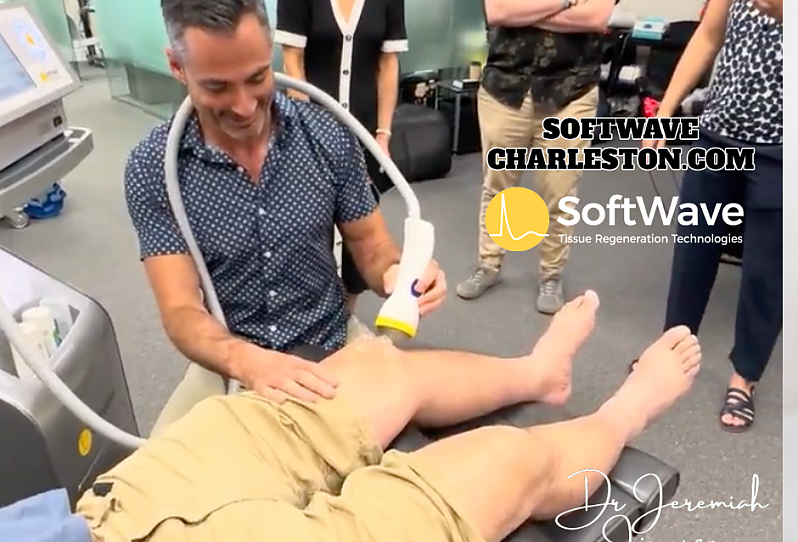
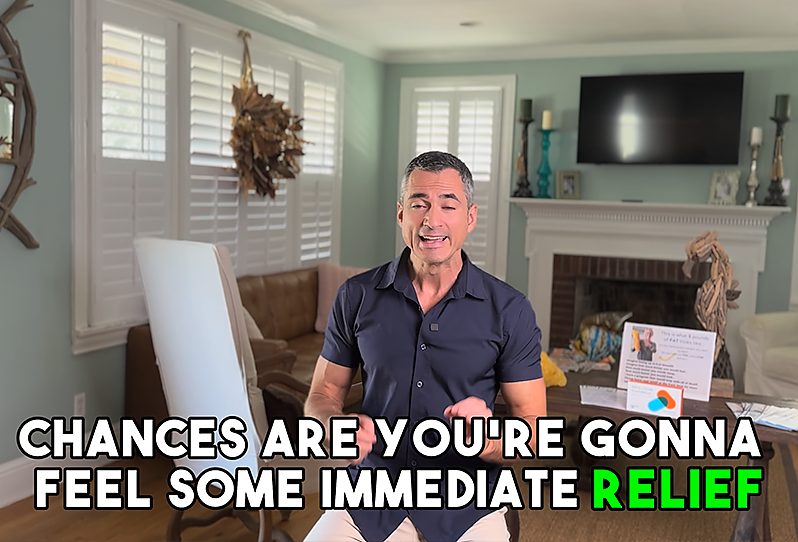
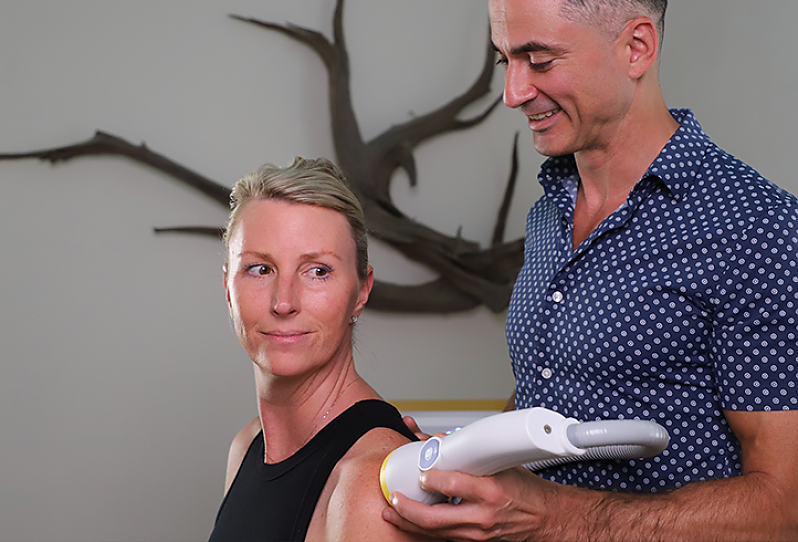
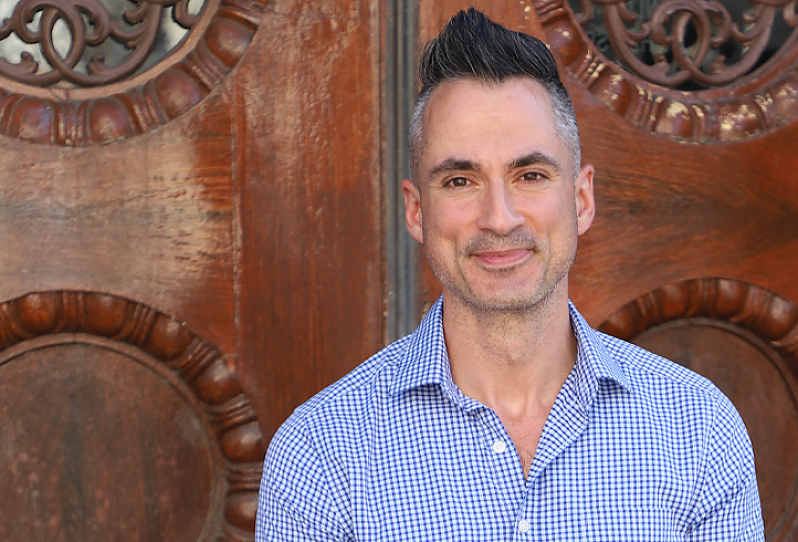
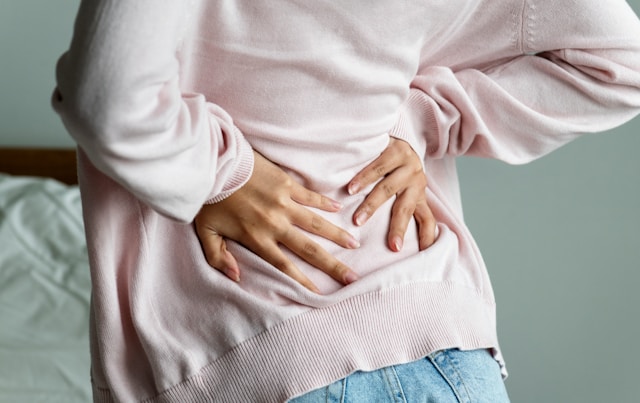

 761 St Andrews Blvd
761 St Andrews Blvd
